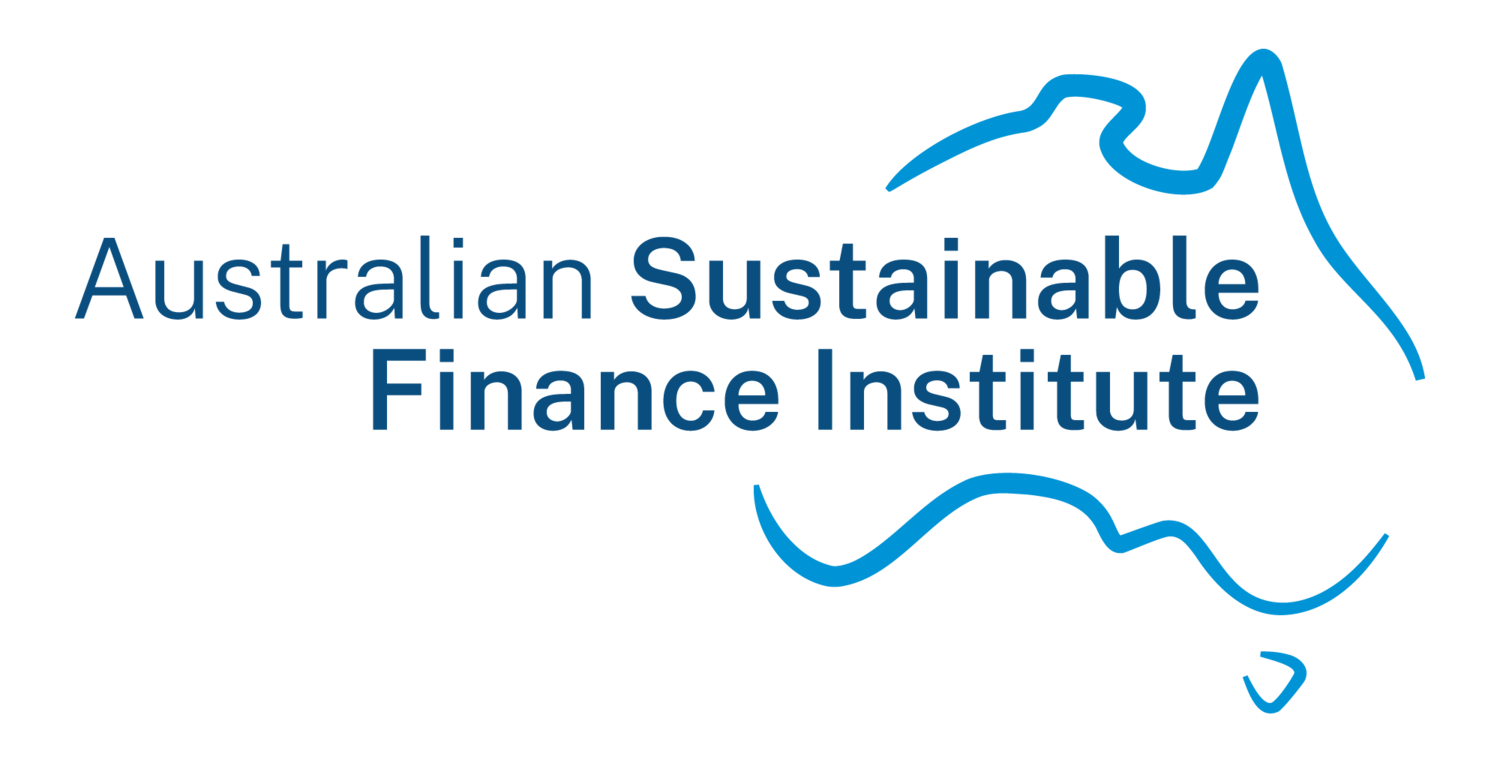ASFI charts path to green trade and investment
Today, the Australian Sustainable Finance Institute (ASFI) is setting a new course for Australia’s trade – one that pivots national exports towards green commodities, while deepening Australia’s economic and strategic relationships with partners across the Indo-Pacific.
A new report from ASFI and Kaya Partners, Maximising Australia’s green growth: Leveraging trade and aid policy to drive Australia’s green exports agenda, shows how Australia can work with its trade partners to jointly transition heavy industries into a net zero world. The report argues that while the Government has taken steps to support Australia’s future green industries such as green iron and hydrogen with the Future Made in Australia (FMA) policy suite, more certainty about the demand for these future green commodities is required to unlock domestic investment.
The report calls for Australia to proactively develop export markets for green commodities by aligning trade policy with the Future Made in Australia vision. Australia should focus diplomatic efforts on key partners such as China and Japan. Leader level commitments to develop Joint Bilateral Transition plans for the key trade relationships would send a powerful signal to businesses and investors. Governments and industry should also work to harmonise standards for green commodities and finance, and adopt innovative demand side mechanisms – such as forward purchase agreements or “advance market commitments”.
The new report also points to the potential for new demand centres for Australia’s green commodities among developing economies in Southeast Asia. Australia needs to invest more strategically in these economies. Australia’s international climate finance should be deployed to better support clean industrial development in emerging economies that could demand Australia’s green exports in future. This will require a fit for purpose development toolkit, and the Government should consider establishing a bilateral green bank to de-risk private capital finance and investment in key markets.
ASFI CEO Kristy Graham said:
‘‘Australia’s renewable energy superpower ambitions are far-reaching and achievable, but they won’t happen by accident, nor by optimism. This report lays out clear actions that can secure finance and investment into new export industries.
“As the world moves towards a net zero future, almost $200 billion of Australian export revenue is at risk. We need to start thinking about where our future exports will go, and how we can work together with our region to make that happen.”
“The Government made positive steps towards supporting Australia’s green export industries in the last term. To capitalise on Australia’s endowments in mineral resources and renewable energy, we need to start work right away on developing the demand side of our future exports.”
“As other countries step away from development and climate finance, Australia has the opportunity to step up with a refreshed climate finance strategy that strengthens relationships with key partners such as Indonesia and provides confidence to Pacific Island nations that Australia is committed to supporting regional decarbonisation. A new Australian bilateral green bank would support significantly more Australian private capital into Southeast Asia emerging markets and bolster the Government’s credentials as would-be host of COP31.”
Media Contact:
media@asfi.org.au
